Israel-Hamas War: What happened on day 151?
Stabbing attack carried out in West Bank, IDF soldier wounded • Gaza hostages' families protest outside the US consulate in Jerusalem
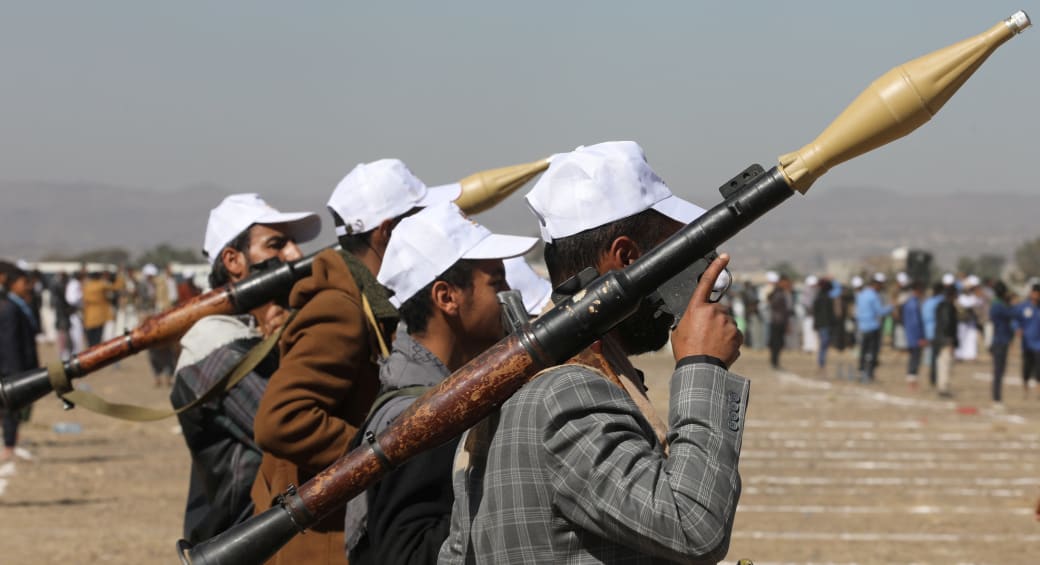
Iran asked Sudan to allow a Naval Base on its Red Sea coast
Sudanese senior advisor says that Iran wants to build a naval base on their land and offers a helicopter carrier as payment. Sudan rejects the offer in fear of the US and Israel's response.
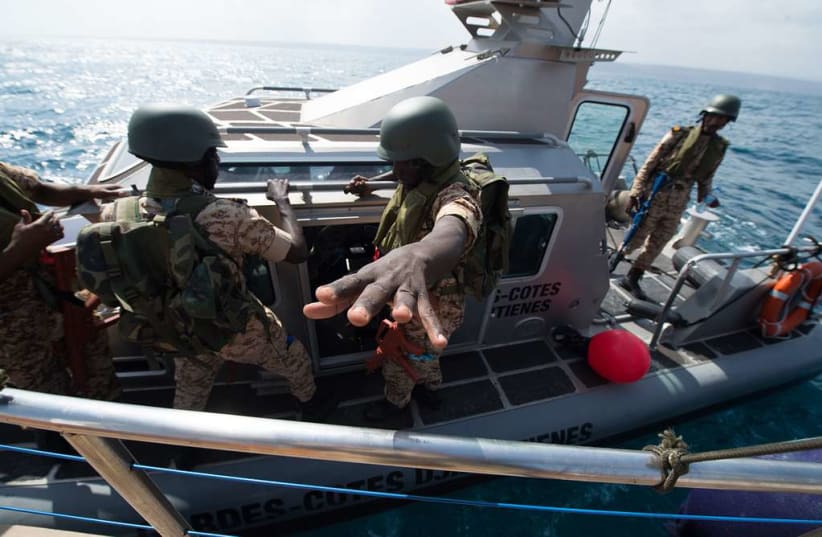
Sudan rejected Iran’s proposal to allow it to build a permanent naval base on the African coast of the Red Sea, an act that would have allowed Tehran to monitor maritime traffic in the Suez Canal and Israel, according got intelligence provided by a senior Sudanese official to the Wall Street Journal.
Iran has already provided Sudan’s military with unmanned aerial vehicle (UAV) for its use in the fight against a rebel warlord in the past, and now also offered to provide a helicopter carrier if Sudan granted them permission for the naval base, according to Ahmed Hassan Mohammed, Sudanese policy advisor to Sudan's military leader who reported to the Wall Street Journal.
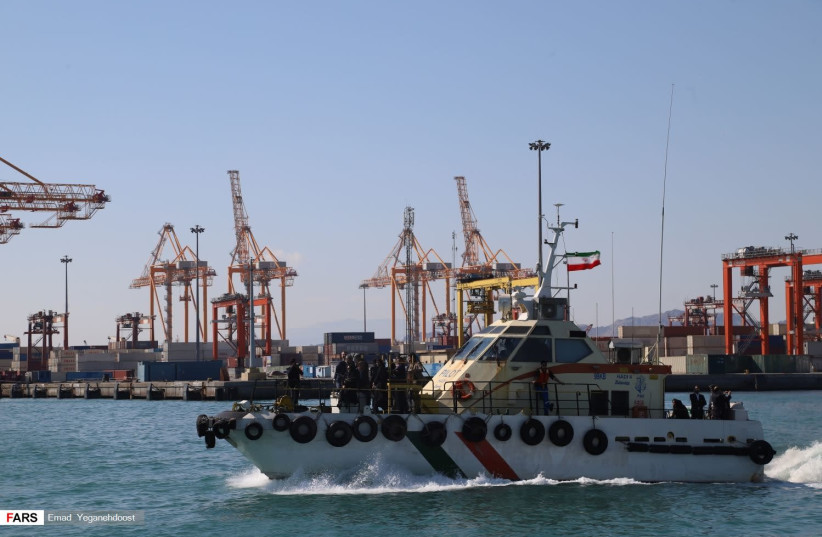
Iranian and Sudanese relations
Iran and Sudan have become closer again after years of tensions. The Iranian Regime was a close ally of the Islamist dictator Omar al-Bashir in Sudan and used Sudanese territory to smuggle weapons into Gaza. According to several reports, Israel even conducted attacks within Sudan to prevent these arms shipments.
When Bashir was overthrown in a military coup in 2019, the generals who took control distanced themselves from Iran to restore relations with the United States, even agreeing to normalize relations with Israel as part of the Abraham Accords.
The change in relations between Israel and Sudan began with the Israeli-Hamas war. The Sudanese army was desperate for weapons and ammunition to fight the rebels led by Mohamed Hamdan Dagalo. To fight the rebels, Sudan purchased weapons from Iran, which were of great help in the fight against the rebels.
What would a naval base on the Red Sea give to Iran?
A naval base in this location would allow Tehran to strengthen its existing hold on the Red Sea, where it has been supporting Yemen’s Houthis in conducting attacks on commercial ships as they pass through the busy trade route. Iran’s rivals in the region all have direct access to the shipping route, including Saudi Arabia, Israel, and Egypt.
Iran has been sending increasingly more sophisticated weapons to the Houthis to continue their attacks on commercial ships along the trade route, while concurrently, the US is leading a multinational force to protect the ships from the attacks by the Houthis.
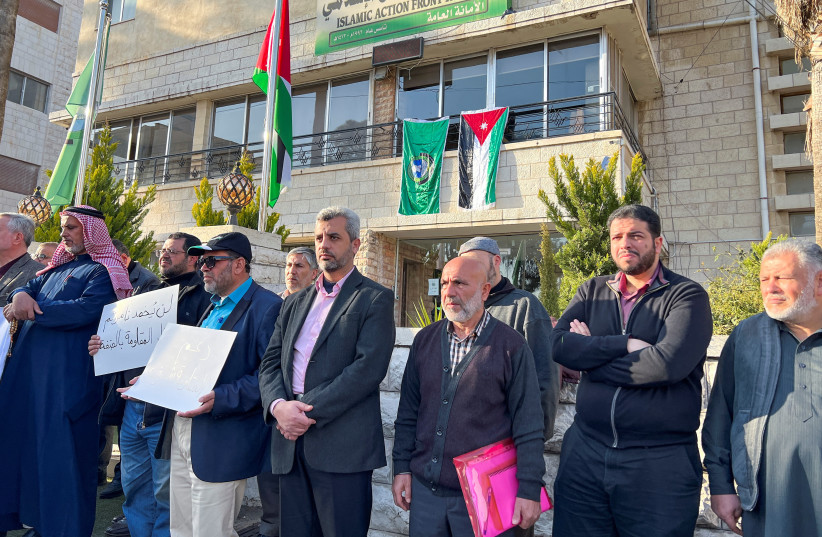
“The Iranians said they wanted to use the base for intelligence gathering," Mohammad told the Wall Street Journal. "They also wanted to station warships there." According to him, Khartoum rejected Iran's offer to avoid the reactions of the United States and Israel.
International response to the ongoing civil war in Yemen
Yemen's civil war began in 2014 between Yemen's Presidential Leadership Council and the Supreme Political Council (along with their Houthi supporters) and is still ongoing today.
After tens of thousands were killed, and millions more displaced since the beginning of Yemen's war in April, the US accuses both sides of the conflict of war crimes, and the rebels are even accused of crimes against humanity such as murder, rape, and ethnical cleanse in the Darfur region.
UN officials criticized Sudan for air bombs on civilians and blocking Sudanese citizens from receiving humanitarian aid.
Both the Sudanese government and the Rapid Support Forces denied these allegations.
Regional power struggle
Sudan is not the only regional power that is exploiting the civil war in Yemen. Egypt has also supplied UAVs to Sudan, and trained soldiers in how to use them, according to to a report to the Wall Street Journal in October.
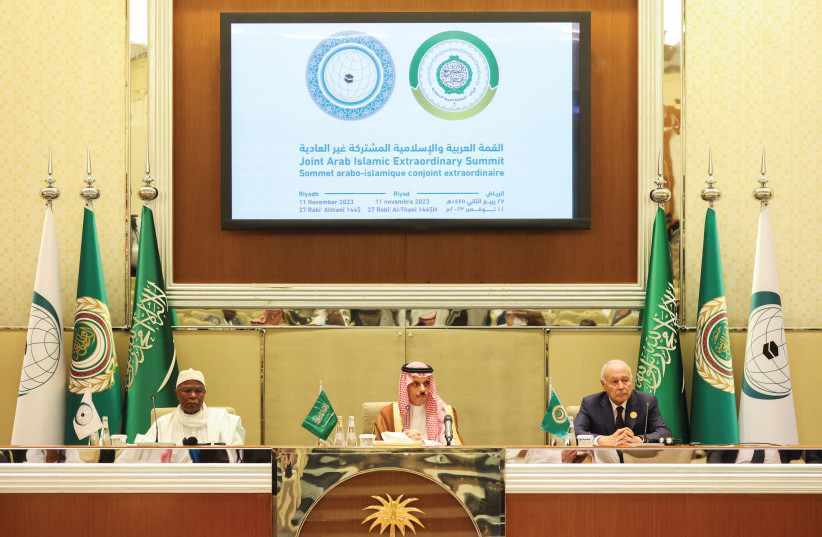
According to a chain of reports from the UN, the UAE is supporting the rebels by providing them with weapons and ammunition. However, the UAE denies these allegations, while Egypt claims that they are not taking sides and working to end the conflict.
Go to the full article >>IDF implicates more UNRWA officials in October 7 massacre following release of recordings
Recordings of calling women 'property' are expected to be released.
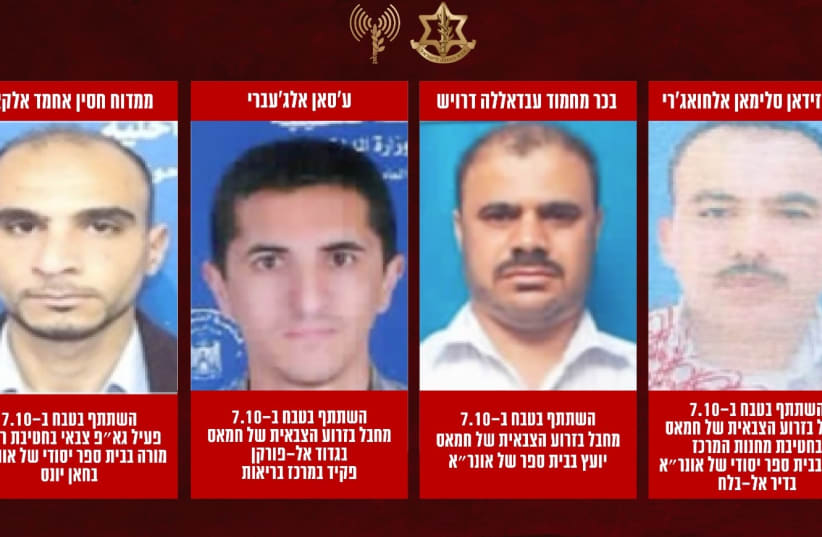
The IDF on Monday night revealed the name of four additional UNRWA officials about whom it said it has “decisive proof” of their involvement in the October 7 massacre, to be added to the 12 previous names disclosed.
The names of the UNRWA officials have been disclosed as Yusuf Zidan Suliman Alhajri, Behr Mahmud Abdallah Dariush, Assan al-Jabari, and Mamdouh Hassij Ahmad al-Kahk.
According to the IDF, each of the four have set roles in UNRWA in health, education, and other positive roles while wearing a dual hat with set, sometimes senior roles, in terror groups.
Part of the evidence was proving that the UNRWA officials were in Israeli territory in the South at the time of the October 7 massacre.
In addition, the IDF said it can confirm that 400 UNRWA officials are affiliated with Palestinian terror groups like Hamas and Islamic Jihad.
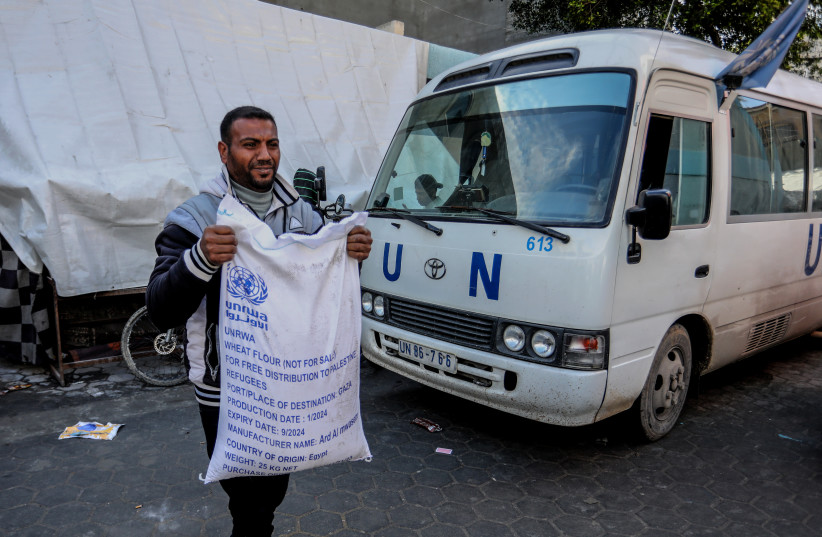
Next, the IDF released two recordings of UNRWA officials discussing their roles in the October 7 massacre.
What did the recordings say?
One recording appears to be from the afternoon of October 7 after the morning massacre in which one of the UNRWA officials refers to Israeli women who were attacked and taken captive in Arabic as “property.”
An IDF official said the discussion of Israeli women as property was similar to the way that ISIS referred to women in their fanatical extremist publications.
The IDF’s disclosures came as two UN reports were expected to come out, including addressing allegations against Israeli soldiers or prison officers for alleged sexual and other crimes and abuses against Palestinian detainees.
UNRWA head warns of 'concerted campaign' to end its operations
The head of the UN Palestinian refugee agency warned on Monday of "a deliberate and concerted campaign" aimed at ending its operations as Israel accused the organization of employing over 450 "military operatives" from Hamas and other armed groups.
Philippe Lazzarini did not specifically address the latest allegations made by the Israeli military on Monday, but he called out Prime Minister Benjamin Netanyahu for "openly stating that UNRWA will not be part of post-war Gaza."
"UNRWA is facing a deliberate and concerted campaign to undermine its operations, and ultimately end them," Lazzarini - head of the UN Relief and Works Agency for Palestine Refugees in the Near East (UNRWA)- told the UN General Assembly.
"The implementation of this plan is already underway with the destruction of our infrastructure across the Gaza Strip," he said. "Dismantling UNRWA is short sighted. By doing so, we will sacrifice an entire generation of children, sowing the seeds of hatred, resentment, and future conflict."
Lazzarini told the 193-member assembly that UNRWA was "functioning hand-to-mouth" after 16 countries paused a total of $450 million in funding when Israel in January accused 12 UNRWA staff of taking part in the Oct. 7 attack by Hamas militants.
The UNRWA staff were fired and an independent internal UN investigation launched.
"The fate of the agency, and the millions of people who depend on it, hang in the balance," Lazzarini told the General Assembly, describing UNRWA as "the backbone of humanitarian assistance in Gaza."
This is a developing story.
Go to the full article >>Israel-Hamas War: What you need to know
- Hamas launched a massive attack on October 7, with thousands of terrorists infiltrating from the Gaza border and taking some 240 hostages into Gaza
- Over 1,200 Israelis and foreign nationals were murdered, including over 350 in the Re'im music festival and hundreds of Israeli civilians across Gaza border communities
- 134 hostages remain in Gaza, 33 of which killed in captivity, IDF says